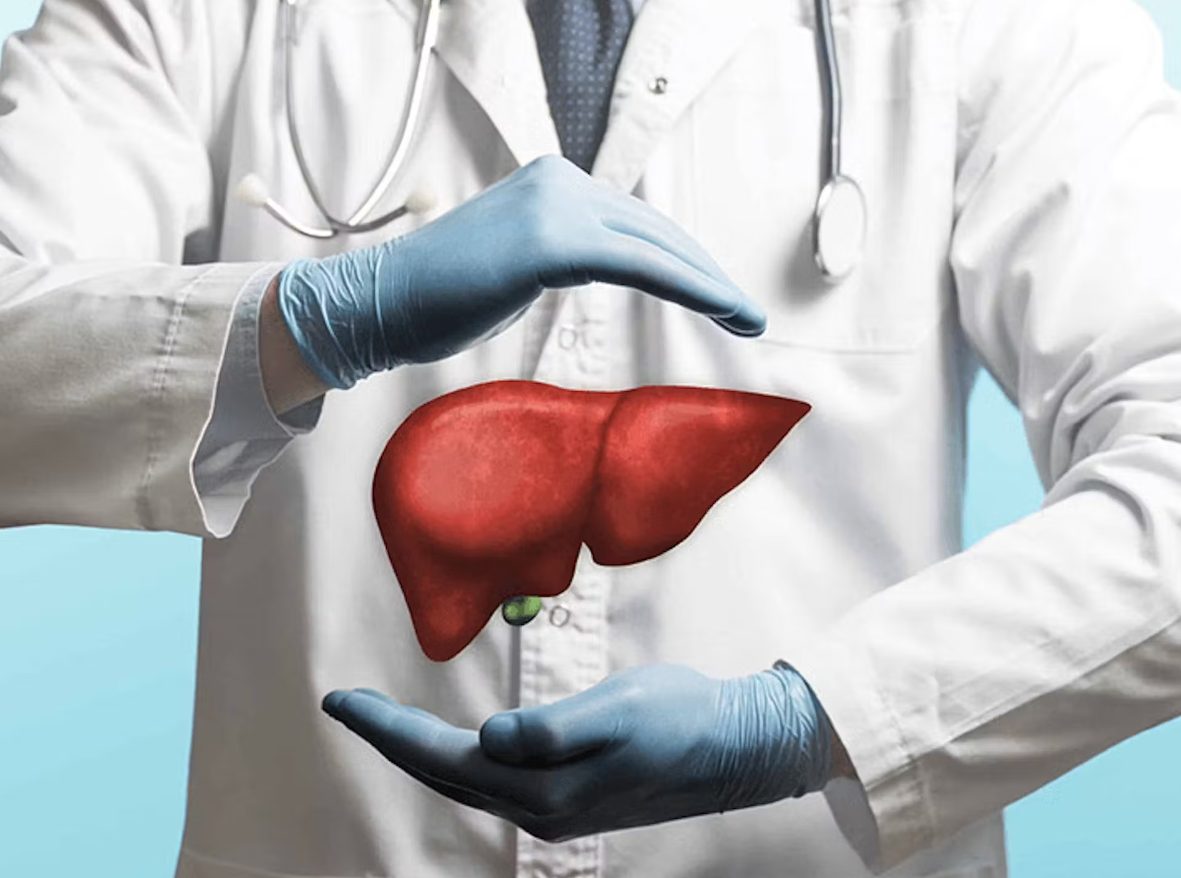Contents
Understanding Medicare’s Role in Liver Transplants
Medicare and Organ Transplants: A General Overview
Medicare, the federal health insurance program primarily for individuals aged 65 and older, does provide coverage for a range of organ transplants, including liver transplants. However, specific conditions and requirements must be met to qualify for this coverage.
The Importance of a Medicare-Approved Facility
One of the fundamental requirements is that the liver transplant must be performed at a Medicare-approved transplant facility. These facilities have met stringent quality and safety standards established by Medicare, ensuring patients receive the highest level of care.
Medicare Parts A and B: Their Roles in Coverage
Medicare consists of different parts that cover various aspects of healthcare. In the context of liver transplants:
- Medicare Part A (Hospital Insurance) covers inpatient hospital services, including the transplant surgery itself, hospital stay, and necessary post-transplant care.
- Medicare Part B (Medical Insurance) covers outpatient medical services, including pre-transplant evaluations, doctor visits, and medications.
Navigating Medicare Advantage Plans
Medicare Advantage plans, also known as Part C, are offered by private insurance companies approved by Medicare. These plans must cover everything Original Medicare (Parts A and B) covers, including liver transplants. However, specific rules and out-of-pocket costs may vary depending on the plan.
Eligibility Criteria for Medicare Coverage of Liver Transplants
Medical Necessity: The Cornerstone of Coverage
The primary criterion for Medicare coverage of a liver transplant is medical necessity. This means that your doctor must determine that the transplant is the only viable treatment option for your end-stage liver disease.
Evaluation by a Medicare-Approved Transplant Center
Before Medicare approves coverage, you’ll need to undergo a comprehensive evaluation at a Medicare-approved transplant center. This evaluation will assess your overall health, the severity of your liver disease, and your suitability for a transplant.
Specific Conditions Covered by Medicare
Medicare generally covers liver transplants for individuals with end-stage liver disease caused by various conditions, including:
- Cirrhosis
- Hepatitis B or C
- Primary biliary cholangitis (PBC)
- Primary sclerosing cholangitis (PSC)
- Alcoholic liver disease
- Non-alcoholic fatty liver disease (NAFLD)
- Autoimmune hepatitis
- Certain genetic disorders
Additional Considerations
In addition to medical necessity, Medicare also considers other factors when determining eligibility for liver transplant coverage, such as:
- Age
- Overall health status
- Absence of other serious medical conditions that could compromise the transplant’s success
- Commitment to following post-transplant care instructions, including taking medications and attending follow-up appointments
Out-of-Pocket Costs Associated with Liver Transplants
Understanding Medicare’s Cost-Sharing Structure
While Medicare covers a significant portion of the costs associated with liver transplants, patients are typically responsible for certain out-of-pocket expenses. These may include:
- Deductibles: The amount you must pay out of pocket before Medicare starts covering costs.
- Coinsurance: A percentage of the cost of covered services that you’re responsible for paying.
- Copayments: Fixed amounts you pay for certain services.
Potential Additional Costs
Beyond the standard Medicare cost-sharing, additional out-of-pocket expenses may arise, such as:
- Pre-transplant evaluation costs
- Travel and lodging expenses for evaluations and the transplant itself
- Medications, both before and after the transplant
- Rehabilitation services
Exploring Financial Assistance Options
Medicare Savings Programs
If you have limited income and resources, you may qualify for Medicare Savings Programs that help pay for Medicare premiums, deductibles, coinsurance, and copayments.
Medicaid
Medicaid, a state-administered program, may provide additional financial assistance for individuals who qualify based on income and assets.
State Pharmaceutical Assistance Programs (SPAPs)
SPAPs can help cover the cost of prescription medications, including those needed after a liver transplant.
Non-Profit Organizations and Charities
Various non-profit organizations and charities offer financial assistance for transplant-related expenses.
The Importance of Early Planning
Understanding the financial implications of a liver transplant well in advance is crucial. Early planning allows you to explore all available options, including financial assistance programs, and make informed decisions about your healthcare.
Consult with a Financial Counselor
Many transplant centers have financial counselors who can guide you through the complexities of Medicare coverage, out-of-pocket costs, and financial assistance options.
Review Your Medicare Coverage
Carefully review your Medicare plan documents or contact your plan provider to understand the specific coverage details and out-of-pocket costs associated with liver transplants.
In Conclusion: Navigating the Path to a Successful Liver Transplant
A liver transplant can be a life-changing procedure, offering renewed hope and a chance for a healthier future. While the financial aspects can be complex, Medicare does provide significant coverage for eligible individuals. By understanding the requirements, exploring financial assistance options, and planning early, you can navigate the path to a successful liver transplant with greater confidence and peace of mind.
Read More: A and B Dental: A Comprehensive Guide to Your Oral Health







